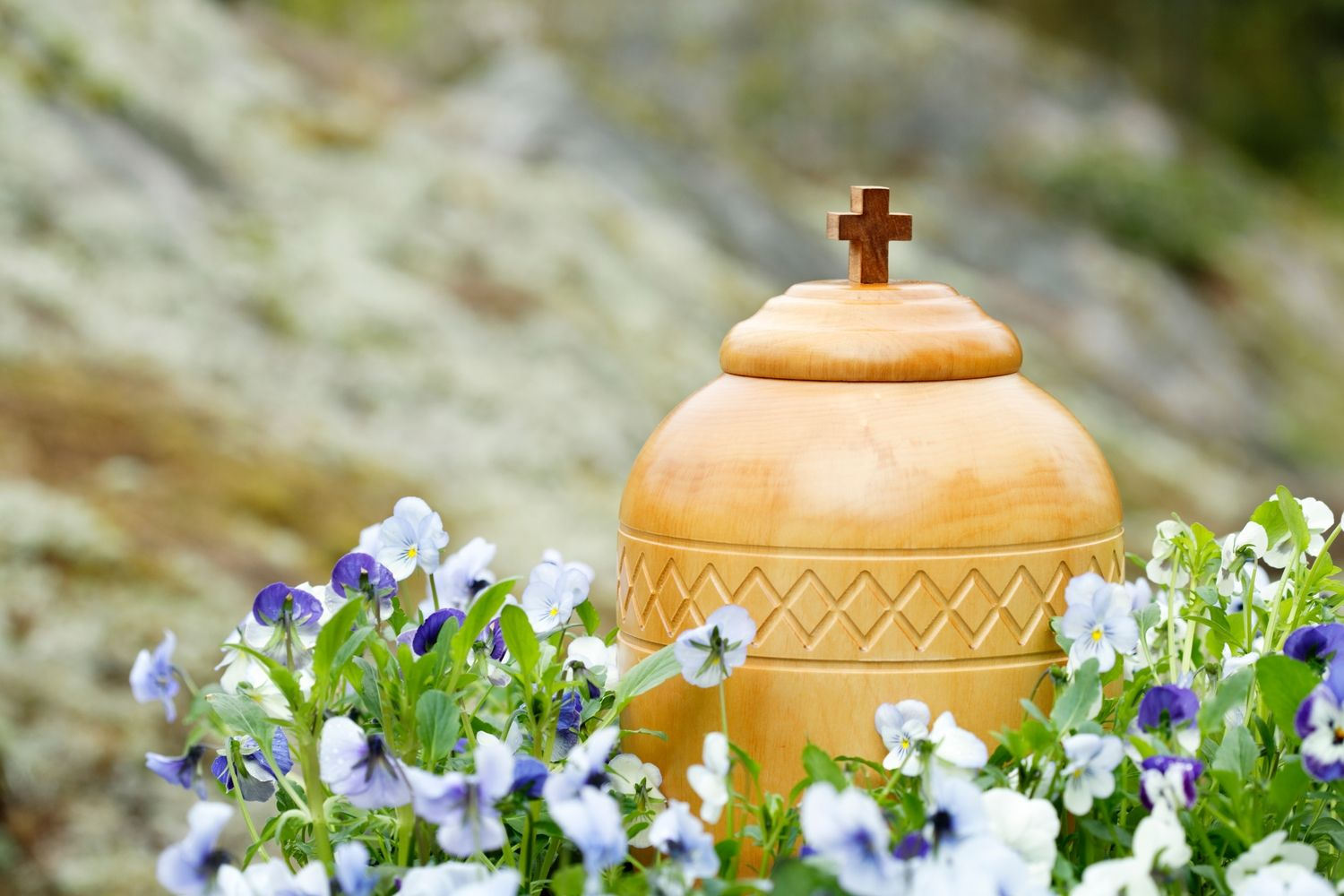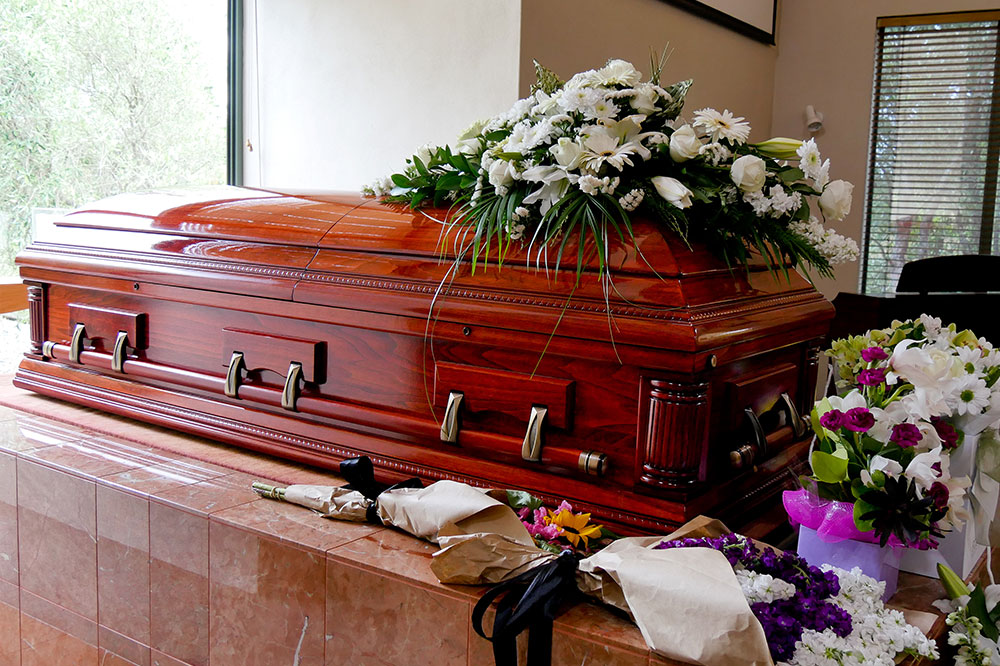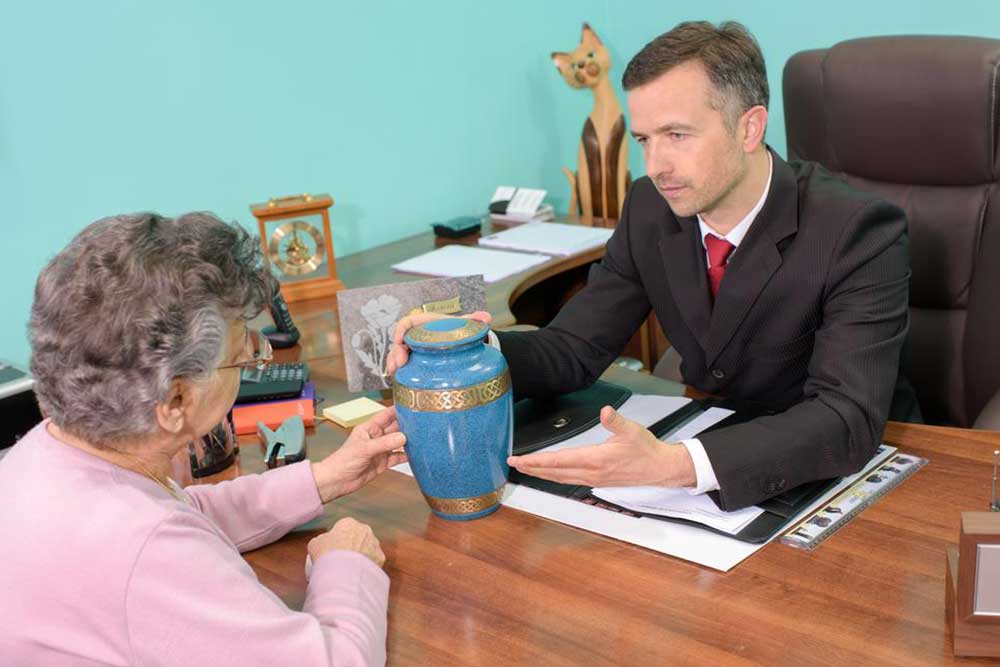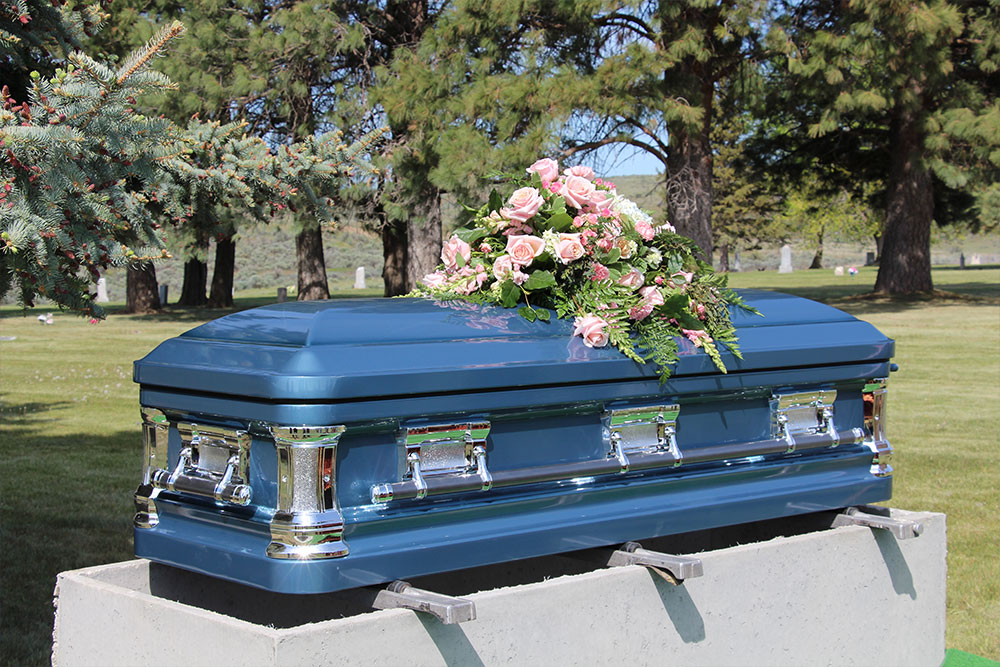Cremation Services in Australia: A Comprehensive Guide
In Australia, the choice between burial and cremation as final rites for the deceased is a deeply personal decision influenced by cultural, religious, and personal preferences. Cremation, in particular, has seen a significant rise in popularity over the years, offering an alternative that some find more practical and affordable than traditional burial. This article aims to inform readers about cremation services in Australia, including the process, legal considerations, and other relevant factors, ensuring that families can make well-informed decisions during their time of bereavement.

Overview of Cremation Services:
Cremation is a method of final disposition wherein the body is reduced to ashes through controlled, high-temperature burning. This process is carried out in specialized facilities known as crematoriums. In Australia, cremation is considered a dignified and respectful means of honoring the deceased, and it provides several options for the final resting place of the ashes.
The Cremation Process:
1. Preparation: Prior to cremation, a series of legal documents are required, including the death certificate and cremation authorization forms. The body is typically placed in a combustible container, such as a coffin or casket approved for cremation.
2. Cremation: The body is then transported to a crematorium. During the cremation process, the body is exposed to intense heat (usually between 760 to 980 degrees Celsius) in a specially designed furnace, resulting in the reduction of organic material to ashes and fragments of bone.
3. Processing the Ashes: After cremation, the remains are allowed to cool and are then processed to ensure that the remaining bone fragments are finely ground into ashes. These ashes, also known as “cremains,” are usually placed in a temporary container or an urn chosen by the family.
Legal Requirements and Regulations:
Cremation is regulated under state laws in Australia, ensuring that the process adheres to strict ethical and environmental standards. Each state has its own specific regulations, but common requirements include:
– Certification: A senior medical officer or coroner may need to certify that the death was due to natural causes before cremation can proceed.
– Registration: The death must be registered with the relevant state or territory authorities.
– Permission: Written permission from the next of kin or legal representative must be obtained.
Choosing a Cremation Service Provider:
Selecting a reputable funeral home or crematorium is crucial. Factors to consider include:
– Reputation and Reviews: Look for providers with a strong track record and positive customer feedback.
– Services Offered: Determine what additional services are available, such as memorial services, viewing arrangements, and keepsake options.
– Costs: Request detailed pricing information to understand the costs involved, including transportation, cremation, urns, and any additional services.
Environmental Considerations:
Cremation has a smaller environmental footprint compared to traditional burials, which often require extensive land use and involve the long-term maintenance of gravesites. Innovations such as bio-cremation (a process using water and alkalis) are also being adopted to further reduce environmental impact.
Options for Ashes:
Once the cremation is complete, families have several options for the final handling of the ashes:
– Interment: Ashes can be buried in a cemetery or a columbarium niche.
– Scattering: Ashes can be scattered in a designated memorial garden, over water, or in a special location meaningful to the deceased and their family.
– Keepsakes and Memorials: Some families choose to keep a portion of the ashes in keepsake jewelry, urns, or other memorial objects.
Cultural and Religious Influences:
Cremation practices may vary based on cultural and religious beliefs. In Australia, various communities observe distinct rites associated with death and dying. For example, Hindu traditions consider cremation an essential part of their funeral rituals, while some Christian denominations may prefer burial but are increasingly open to cremation.
Cremation services in Australia offer a dignified and flexible alternative to traditional burial, allowing families to honor their loved ones according to their preferences and beliefs. With careful consideration of legal requirements, provider selection, and respectful handling of ashes, families can ensure a meaningful farewell. As cremation becomes more prevalent, awareness and understanding of the process will help individuals and families make informed decisions during challenging times.




